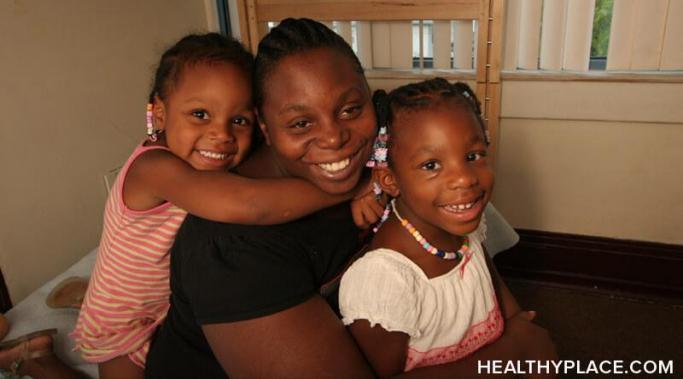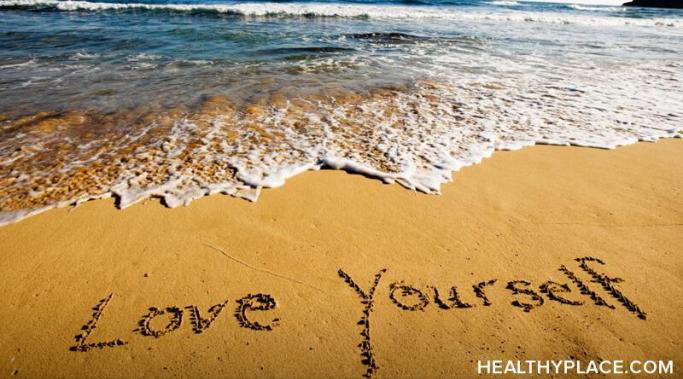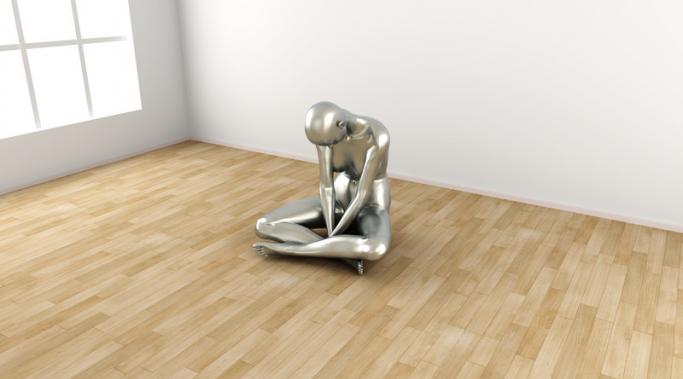Childhood bullying caused me to have a fairly miserable time at school. I was bookish, physically inept and socially awkward. Add to that the headgear and a built-up shoe, and you had a sight that would make any school bully drool.
Specifically Female Depression
When one characteristic of postpartum depression is guilt, how do you become a better parent? When your house is messy because you just don't have the energy to clean, you feel guilty. When your first reaction to your child's cries is anger instead of loving concern, you feel guilty. When you love your child but hate being a parent because of your postpartum depression, you feel guilty. But there's good news. I found that having postpartum depression also gave me advantages as a parent.
The decision to try for a baby is one of the most difficult you will ever make. However you choose to do it, there are about a million things to consider: am I the right age? Am I mature enough? Am I financially ready? Am I prepared for the toll this will take on my body, my relationship, my finances, and my career? Am I ready to give my heart and soul to this person I haven't even met yet? And for me, there was the big one: is it selfish of me to bring a child into the world given my history of depression and mental illness?
Comparing ourselves to others worsens depression. When I do it, it adds fuel to my negative thoughts and the descent starts there. I have discovered some ways to keep the comparison beast from taking over my mind and my life and therefore worsening my depression.
Whether you are a depressed woman facing what could be several years of menopausal symptoms or a spouse/partner living with said woman, there will definitely be challenges. Depression on its own is bad enough, but add the complications of menopause to it and you get a veritable soup of sorrows.




